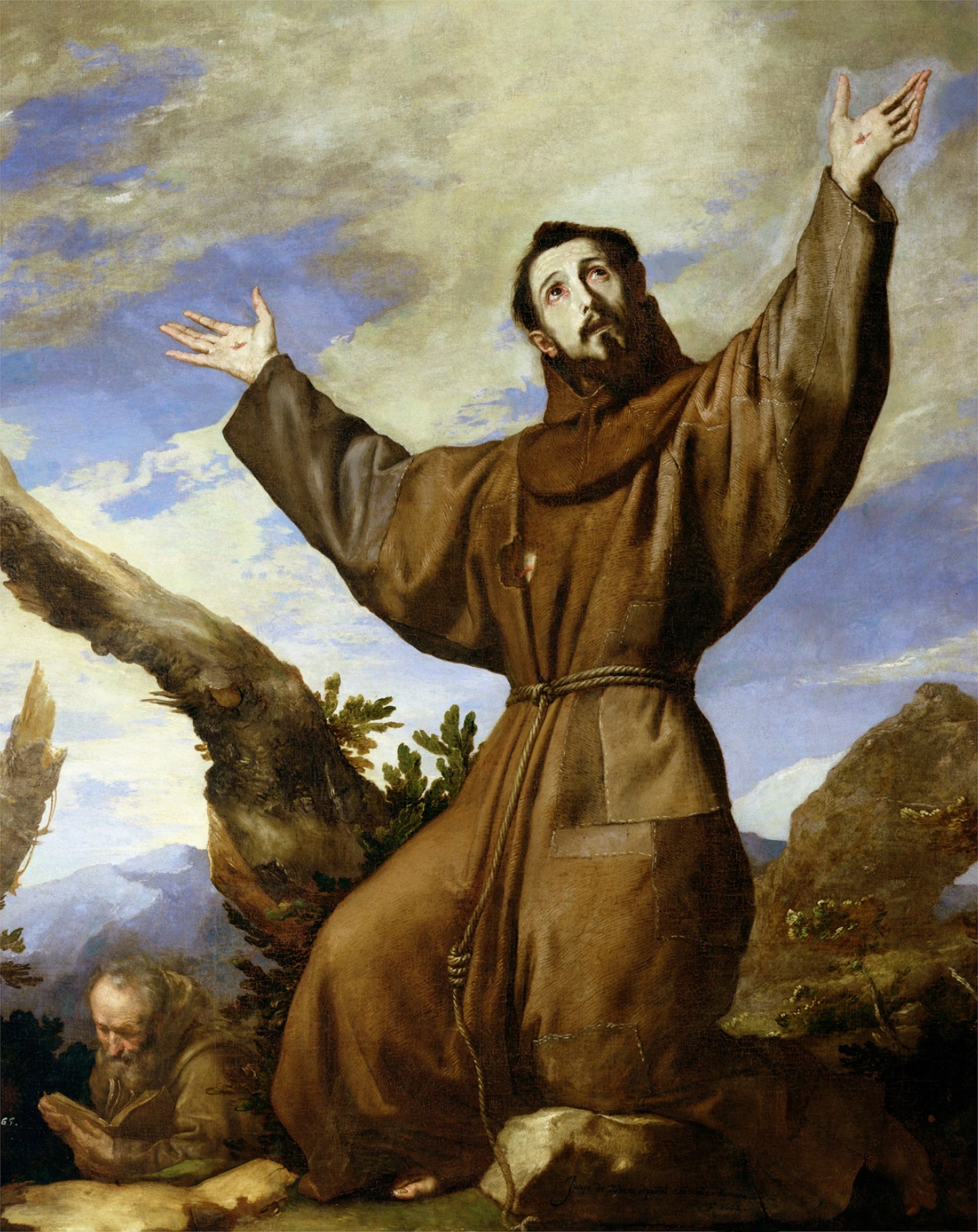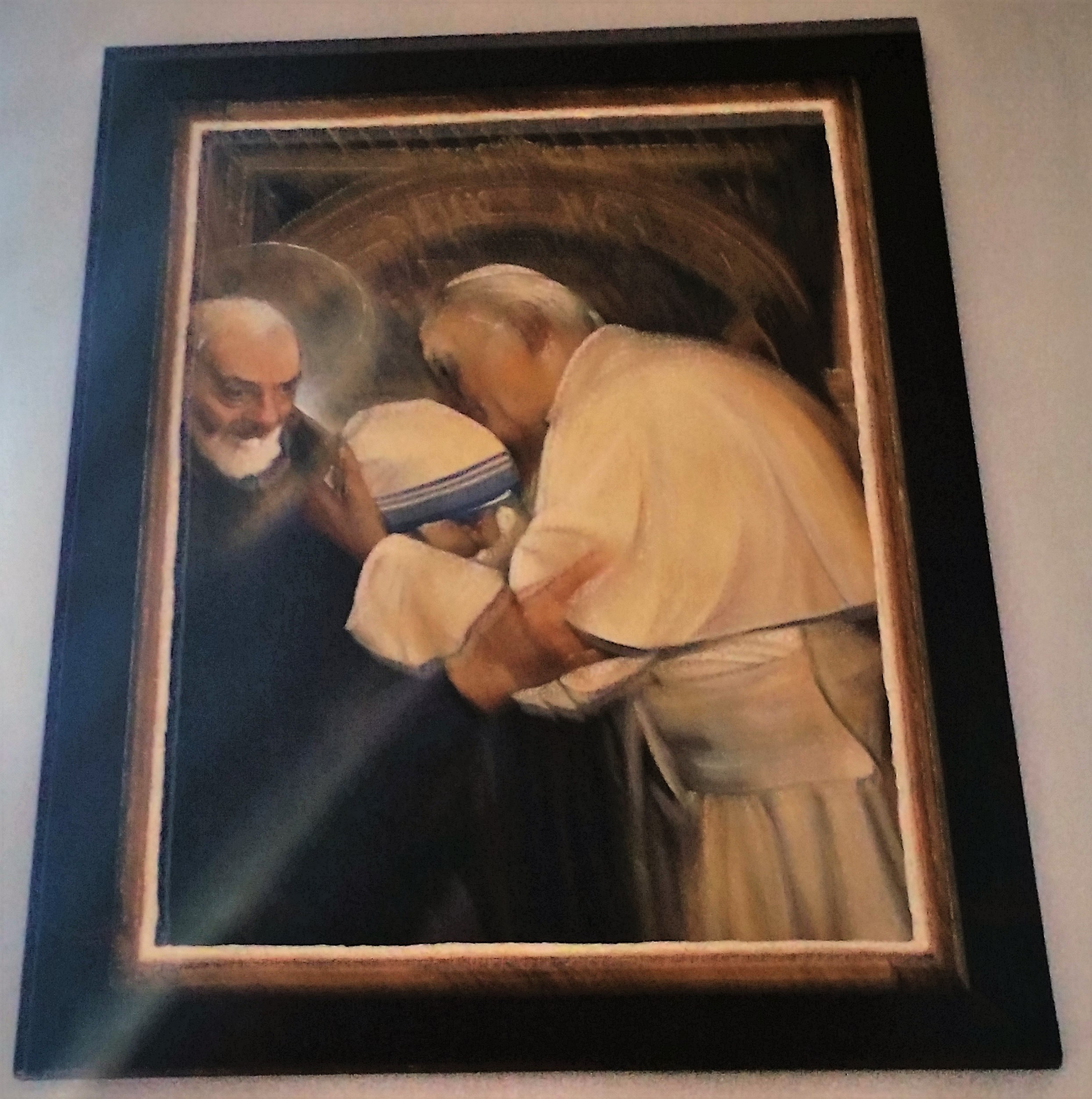Trading Up
Reflections on the Readings for the Twenty-Fifth Sunday in Ordinary Time, Year C.
Jesus’ parable is about a man who knows his time is short, and so he uses the resources he has to ensure a better life for himself before they run out. This is the story of every saint who has walked the earth and recognized the temporary nature of all the things the world values. It’s the story of the gifted student who trades his engineering or medical degree for a religious habit or a room in the seminary. It’s the story of the married couple who has less time for themselves because they are raising children and working in apostolates like youth ministry or adult education. All of these people, like the dishonest steward, recognize that whatever they have – time, talent, or treasure – is going to fall through their hands like water as they stand before Jesus at the judgment day. So, they reason, now isn’t the time to simply enjoy these things, but to trade them in for a better, more peaceful, more permanent life. Now is the time for trading up, and those who are wise will find ways of doing this.

One example is St. Francis. Francis was on track to become a cloth merchant like his father, which was a fairly comfortable position in the newly-emerging middle class of thirteenth century Italy. But during his conversion experience he heard the voice of Christ speak to him from the cross in the old chapel of San Damiano, saying, “Go and repair my Church, which you can see is falling into ruins.” Before he understood that the words applied to the Catholic Church as a whole, Francis intended to repair the physical structure of San Damiano. Since his father, Peter Bernardone, was away, he couldn’t ask him for money to begin the work. So instead, he traded some of his father’s best cloth for gold and got started. When his father found out, he had Francis chained up in his cellar. His father went away, Francis’ mother released him, and Francis went back and finished his work. But when he came back into town, his father had him arrested, and Francis asked for a trial before the local bishop. The bishop told him to pay his father back, so Francis gave him the money then stripped off his clothes. Standing naked in the town square, he loudly declared, “Now I will be able to call God my Father, not Peter Bernardone!” Thus began his life of Gospel simplicity, and his marriage to Lady Poverty. Francis traded up – the comfortable life of a cloth merchant for the eternal rewards of the Gospel.
For those of us who fall short of Francis’ dedication, Jesus’ words in the Gospel are very convicting: “For the children of this world are more prudent in dealing with their own generation than are the children of light.” We could point to a seemingly unending list of celebrities, lawyers, politicians, advertising agents, business executives, and salespeople who work long hours and pour out their energy in order to be successful in this world. They plot and devise schemes, they work deals and make five-year plans, and spend almost every waking moment growing in craftiness. How many of us who work for the Gospel can say that we put in as much effort and craftiness? When we find obstacles to following our vocations or sharing the Gospel, we quickly become discouraged. When we run into apparent failure, or when our own dignity gets trampled on, we’re quick to give up or close in on ourselves with self-pity. Yet what we, the children of light, are working for, is our inheritance in the Kingdom of God. It is something more solid, more real, and more lasting than anything that the children of this world gain by their effort and ingenuity.

St. Francis saw the value of the Gospel and he was drawn to the unsurpassed beauty of Lady Poverty. So he traded up. He gave up his inheritance in this world for one in the next, which he began to enjoy the very moment he stripped himself of all worldly attachments. Francis measured things through the simple lens of pure Truth and so he saw the true value of what he was giving up and what he was gaining. When we are children, we often see the world with this simple lens. Ask most children what they want to be when they grow up, and they will say, “a doctor” or “a policeman” or “a fireman.” They want to have a permanent impact on the world and the lives of others. They don’t want to waste their time gaining the things the world values. It’s only when they get older and look through the shattered lens of worldliness and practicality that they give up those ambitions. They begin to value things that are temporary – comfort, money, the praise of other people.
That doesn’t mean that a lawyer or an accountant can’t be a faithful disciple of Christ, but it does mean that it’s harder for a rich person to enter the kingdom of God than for a camel to pass through the eye of a needle. It means that we should look at all the things we value through the lens of Truth, recognizing that they will fade away. It means that we should be clever about finding ways to trade it all away for eternal life before our time runs out. We should seek out the poor – whether their poverty is material, intellectual, or spiritual – and treat them like the steward treated his master’s debtors. They are the porters to the Kingdom of God, and the first reading reminds us that God will never forget what we do (or don’t do) to them.

Discernment isn’t simply about choosing. It’s about trading. Wise spiritual directors will tell you that, for a person seeking the will of God, choosing between two goods is more difficult than choosing between a good and an evil. And so, when discerning, it’s helpful to think of yourself as the dishonest steward, whose time is short. Taking an inventory of the things entrusted to you – your talents, education, opportunities, and money – it’s essential to admit that all of these things are temporary. They aren’t intrinsically evil, just fleeting. So the question is, how does the Lord want you to trade them in? Does he want you to continue to grow in expertise and take advantage of certain opportunities so that you can trade these things in and support a family? Or, like St. Francis, does he want you to completely strip yourself of them now – even though they see to promise great dividends in the future – and embrace the treasure of consecrated life? We get into trouble in discernment when we forget about eternity, and assume that the things in front of us are the only reality that exists. We become short-sighted when we lose our trust in Jesus, and assume that he would rather take away what we value than give us incredible treasure. But with boundless confidence in him, and a little craftiness, we can be like the saints – those clever stewards who traded everything they had before it was too late.

